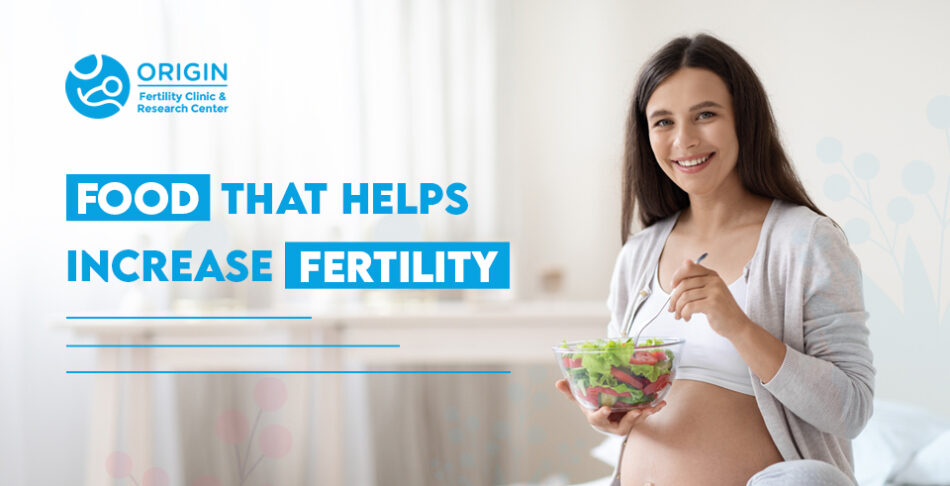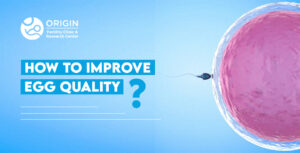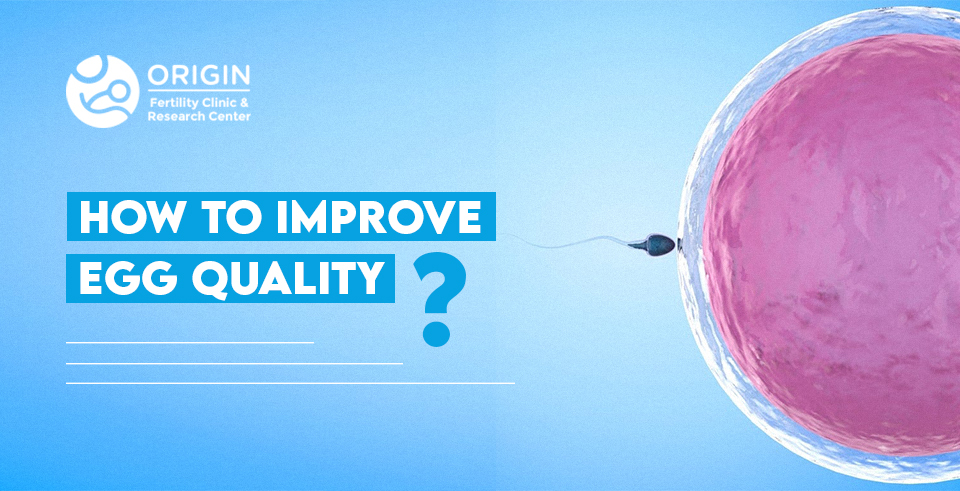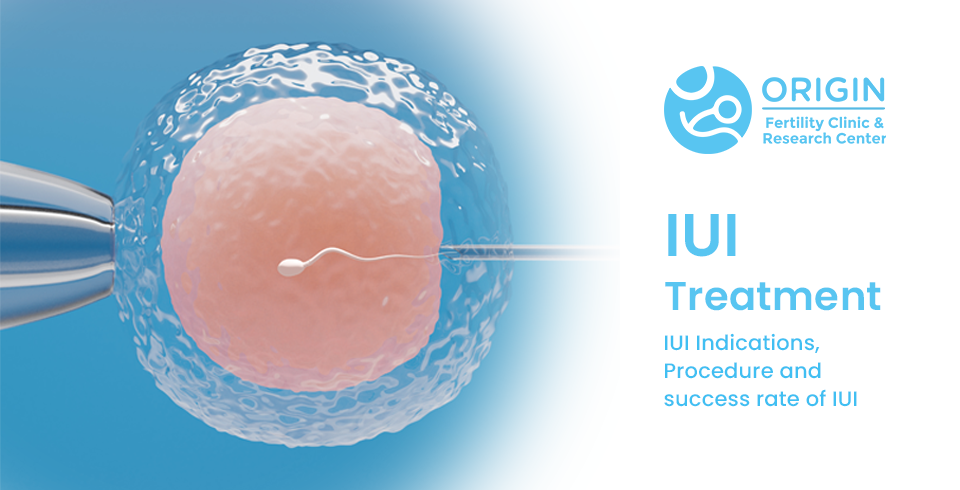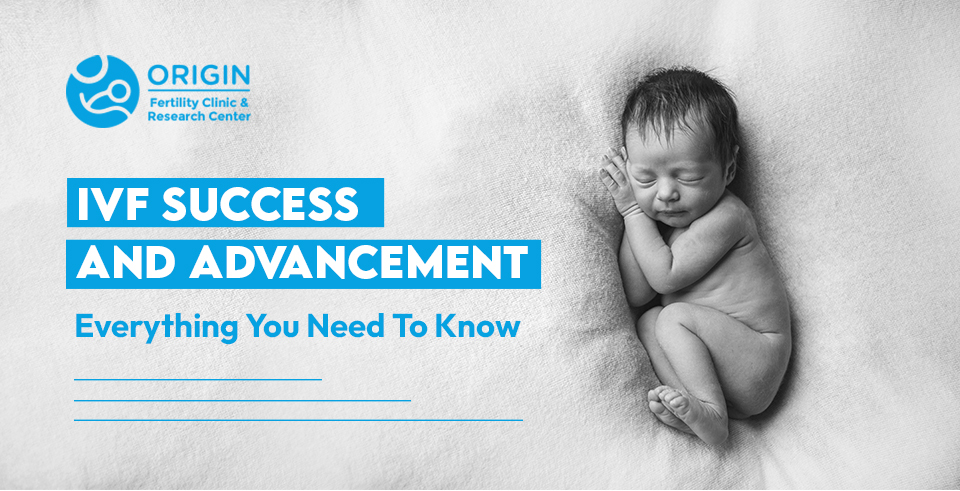It is well described that nutrition has an impact on male fertility and female fertility and on general health also. Dietary changes may boost fertility. Let’s know the food that helps increase fertility.
Food that helps increase Fertility
Whole diet can be divided into 2 parts which are Micronutrients and Macronutrients. Let us discuss these in more detail.
Micronutrient Food that helps increase Fertility
Micronutrients make up the lesser portion of your diet. Vitamins and minerals come under micronutrients. Micronutrients are needed in small quantities for human health.
Vitamins to increase fertility
Folic Acid or folate intake
- Folic acid is an important vitamin for women who are planning pregnancy.
- Folate is the conjugated form of vitamin found naturally in food. Folic acid is the synthetic form of folate used in supplements and fortified staple food.
- Folate is crucial for oogenesis, fertilisation and pregnancy. That’s why folate or folic acid may play an important role in human reproduction.
- Women should start folate in the preconception period the moment they start planning pregnancy and continue in early pregnancy until 12 weeks of pregnancy for the prevention of neural tube defects.
- High intake of folate has a favourable impact on fertility treatment outcomes. Folate increases fertilisation rates and pregnancy rates.
Food rich in folate: Folate is found naturally in vegetables (especially green leafy vegetables ), fruits, nuts, beans, peas, dairy products, eggs, meat and seafood. Highest level of folate is found in spinach, yeast and yeast extract, asparagus and Brussels sprouts.
Vitamin D
Vitamin D has an impact on the reproductive process. It also has an impact on egg quality and sperm quality both. Vitamin-D increases the chances of pregnancy.
Iodine
Iodine is an important nutrient for humans. It is critically important that the mother has sufficient total body iodine store before pregnancy, during pregnancy and on breastfeeding.
Source of Iodine: Milk and dairy products, seafood and iodized salt are generally the main source of iodine.
Macronutrient Food that helps increase Fertility
Macronutrients contain the major portion of your meal. Some of the macronutrients are Carbohydrates, fat and protein.
Carbohydrate
- Both quantity and quality of dietary carbohydrate influence glycemic load and insulin sensitivity.
- Reduced intake of carbohydrate among PCOS women improves insulin sensitivity and potentially enhances ovulatory function.
- Whole grains are a good source of phytic acid, vitamins and selenium which have antioxidant properties and beneficial impact on glucose metabolism and may potentially boost fertility. Higher intake of whole grains improves pregnancy rates.
- Bad carbs like bread, cookies, and cake which are made from refined flour should be avoided.
Fatty acid
- Fatty acid may play important roles in reproductive function. They are important precursors of steroid hormones like estrogen and progesterone which play a vital role in implantation and pregnancy management.
- Higher Omega 3 fatty acid is associated with enhanced fertility rates. High preconception omega 3 fatty acid is associated with better embryo quality.
- On the other hand trans fatty acid has a negative impact on ovulatory function. All trans fats should be avoided.
Protein
- The daily recommended dietary allowance of protein for a healthy adult with minimal physical activity is 0.8 g per kg of body weight.
Do checkout our recent blog on Preparing for IVF: Fertility Enhancement and Treatment Outcomes
Food that impact Female infertility
Here are the foods that impact female infertility.
Animal protein
- Increased meat intake can negatively impact female infertility.
- Red meat negatively impacts the embryo quality after IVF.
Fish
- Regarding seafood consumption, most of the concerns relate to the fact that fish intake is the major pathway through which humans are exposed to methyl mercury.
- Mercury rich fish can negatively impact the IVF outcomes.
Soya
In women seeking fertility treatments, however, soy isoflavone supplements were associated with improvement in reproductive outcomes, increased live births and improved endometrial thickness and improved IUI outcomes.
Conclusion – Food that helps increase Fertility
The favourable role of healthy diet on fertility outcomes has been documented.
Food that helps increase fertility
- whole grains
- Fruits
- Vegetables especially green leafy vegetables
- Monounsaturated oils (Olive oil)
- Fish
- Avocados
- Protein
- Eggs
These were associated with higher pregnancy rates and better IVF outcomes.
Food which negatively impact fertility
- Trans fat. (mostly found in snacks)
- Red meat.
- Mercury rich fish.
- Bad carbs.
Healthy diet can increase the chances of natural conception and enhance the success rates of your fertility treatment but it can not replace the treatment.
For your fertility concern get help from our fertility expert. For any query kindly contact at White Rose Fertility located at Madhapur Hyderabad.


